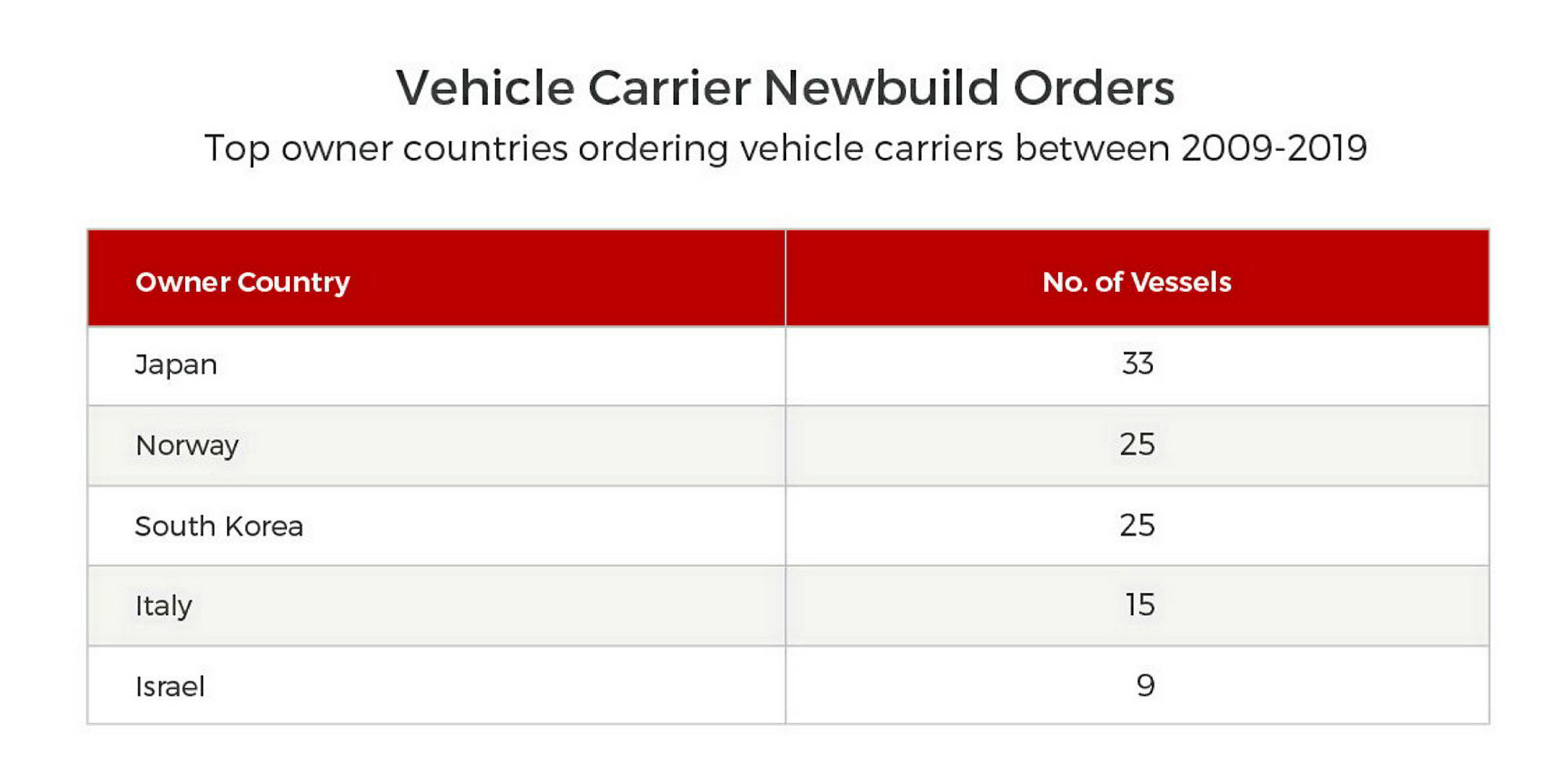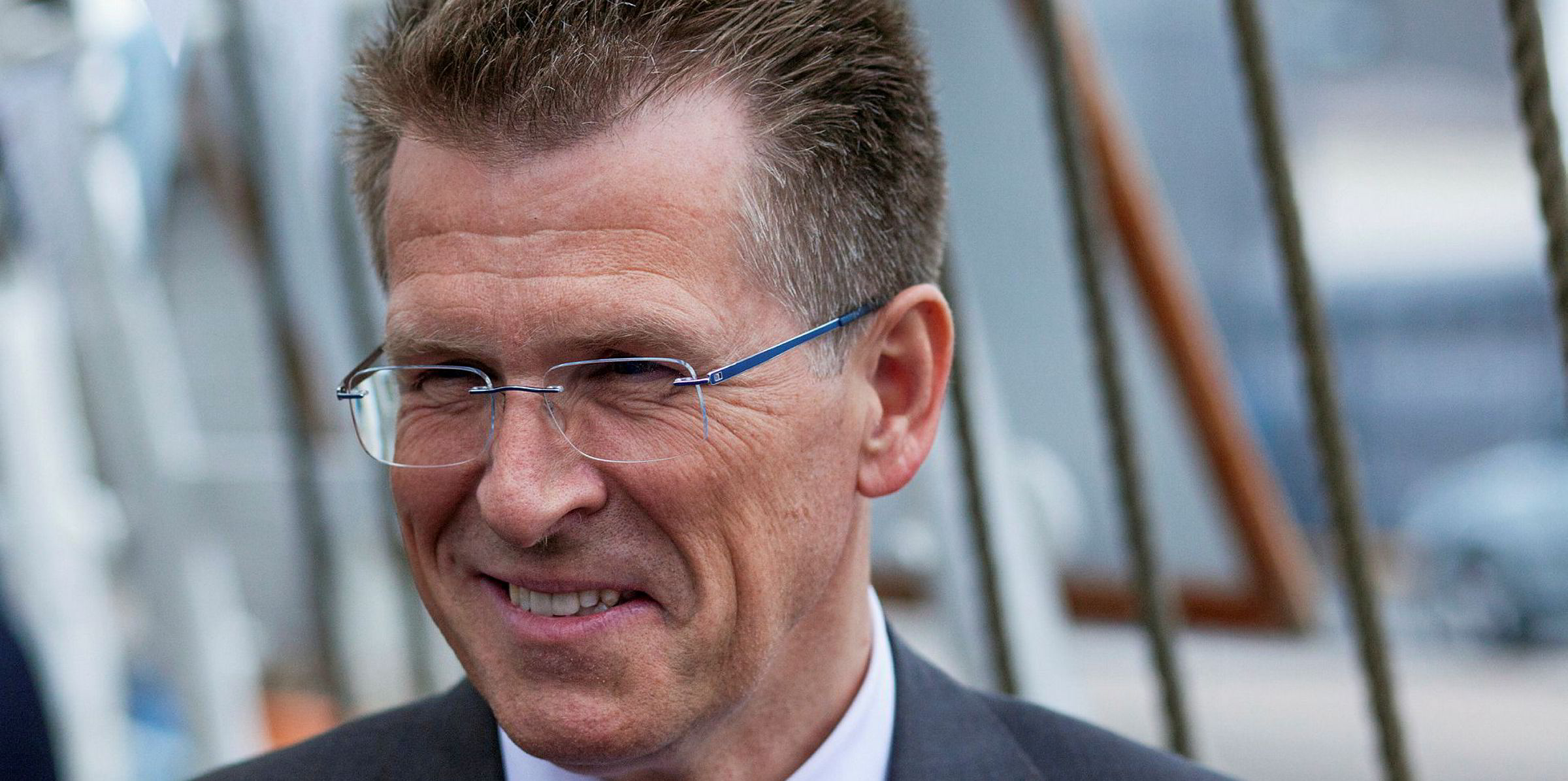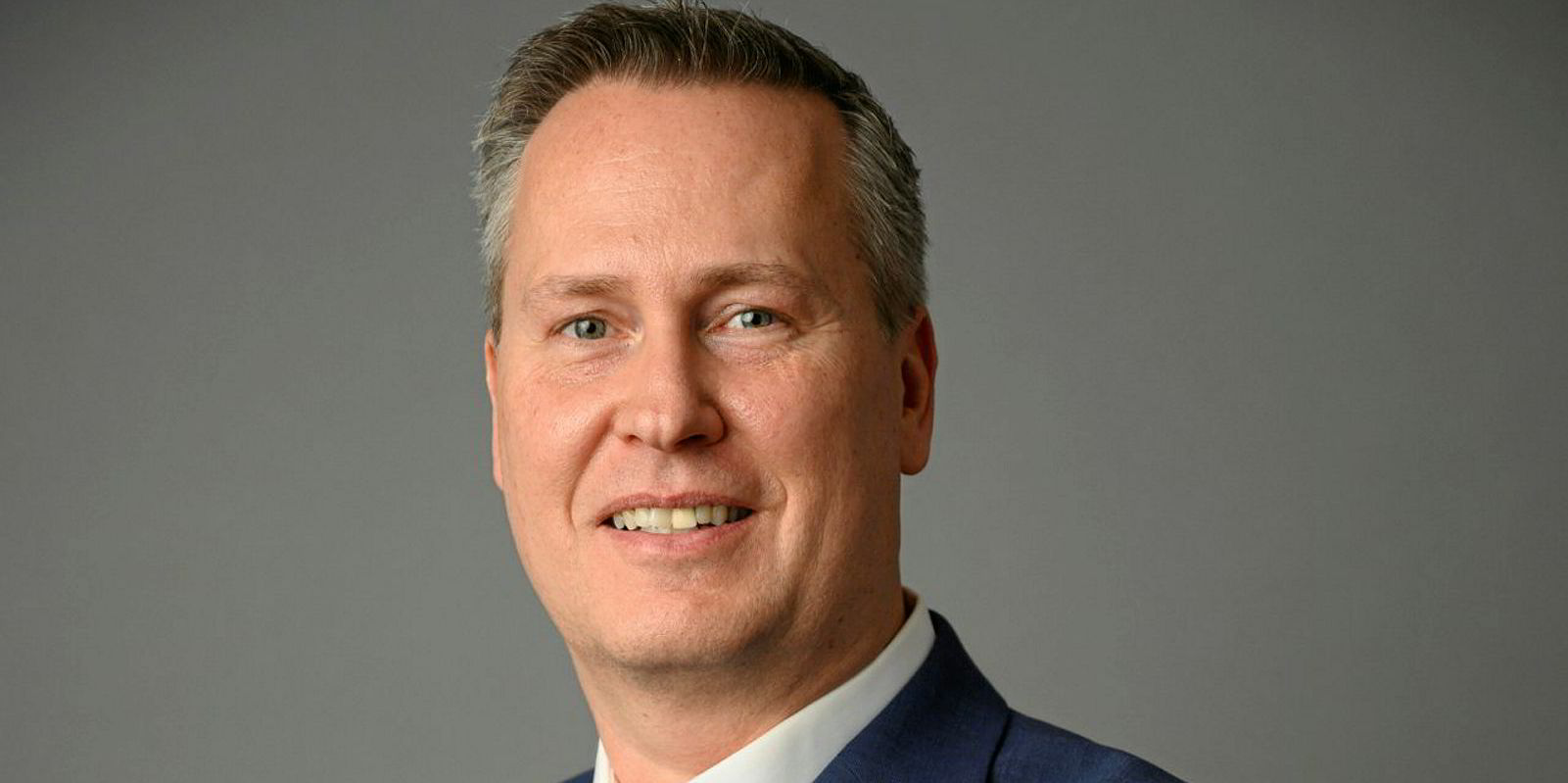
Owners of older, mid-sized car carriers will sell more vessels at distressed prices in the near future.
That is the view of VesselsValue (VV) commercial director Matthew Freeman, who says the sector is not booming despite its small fleet of 832 ships, including newbuildings, carrying the globe's third-biggest export commodity - vehicles worth $775bn per year.
He said: "Distressed sales of mid-sized 10-year-old PCTCs are starting to occur, with the recently concluded deal of the 3,900-ceu Silverstone Express (built 2009), at $17.5m to Siem Car Carriers being a prime example."
VV estimates the former Vroon ship to be worth $20.7m today, but if further distressed transactions are concluded this figure will decrease, Freeman added.
"There is some distress, they're really getting hit," he told TradeWinds. "I expect there to be more in the coming months."
He said that companies themselves are not in trouble yet, "but they could be if this keeps going."
Sale confirmed
Vroon confirmed the sale, but could not give the price or buyer.
It told TradeWinds that from a seller’s perspective, the price is rarely as high as hoped, "but considering the car carrier market is not the most liquid one we are satisfied with the deal."
"We are looking into the divestment of our car carrier fleet but this will be carried out in an opportunity-driven way. By no means in a distressed way."
Bigger is better
Larger ships are enjoying stable earnings, however.
"Like most sectors, the ships are getting bigger and more fuel efficient," Freeman said.
"We will see a steady number of orders and a steady level of scrapping. There is a nice fleet balance. And there is always demand."
He added: "The aggregate number of vessels on the water has remained stable over the past nine years due mainly to a sensible balance achieved between scrapping and new vessel ordering.
"However many owners and larger operators have chosen to order larger designs capable of carrying over 8,000 units per shipment which has lead to lower margins and a decrease in demand and therefore the value of the older smaller ships."
Prohibitive price?
A new 8,500-ceu carrier costs more than $80m.
Smaller ships costing $70m are banking rates of between $10,000 and $20,000 per day, which isn't much, explaining why there aren't many orders, Freeman said.
He said the market is a "Steady Eddie", unlike the wild fluctuations of the VLCC sector.
With newbuilding prices so high, Freeman added: "You'd need charter guarantees, not a speculative market."
Valuations live
VV has gone live with automated valuations for vehicle carriers this month.
"With a relatively small fleet that carries high value commodities, VV considers this an important and highly valuable sector, continually needed by countries that do not manufacture cars themselves," it said.
Data points and commercial information can be hard to come by and Freeman said its model of evaluation takes manpower and hard work.
Data points and commercial information can be hard to come by but Freeman said its model of evaluation has developed to adapt to the liquidity enabling VV to include accurate values for this asset class and move one step closer to its ultimate goal of "valuing everything".
Japan and Norway in pole position
The sector is dominated by Japan's big three - MOL, K Line and NYK - as well as Hyundai Glovis, Wallenius Wilhelmsen Ocean and Hoegh Autoliners.
The Japanese remain the dominant force in vehicle carrier ownership, having ordered 33 vessels over the past 10 years, VV said.
"This is no surprise given they are the second highest exporter of cars with $99bn (circa 13% of the total amount globally) transacted in 2018 alone," it added.
"Interestingly, the Norwegians have been competing for car carrying capacity against Japan and South Korea and have been the second biggest contractors of new vessels with 25 ships ordered since 2009. Whilst Norway itself is neither a significant importer nor exporter of cars, their name remains synonymous with commercial shipping, vehicle carriers and market-savvy deals."








